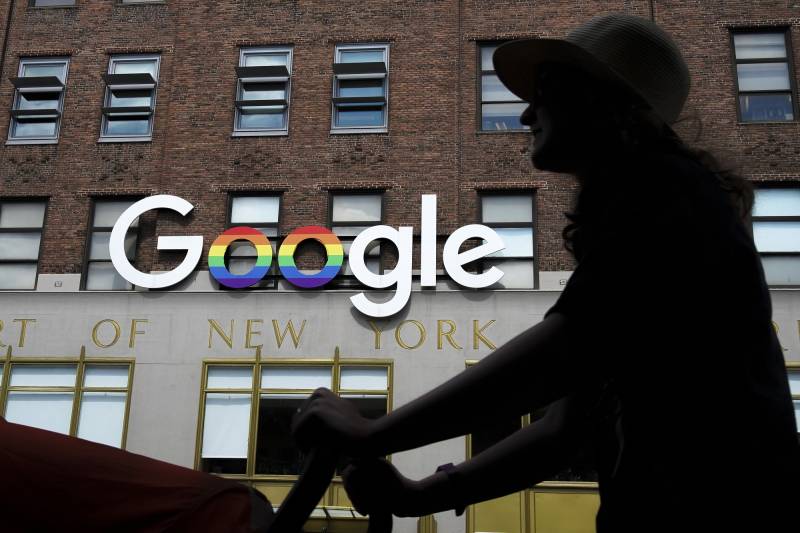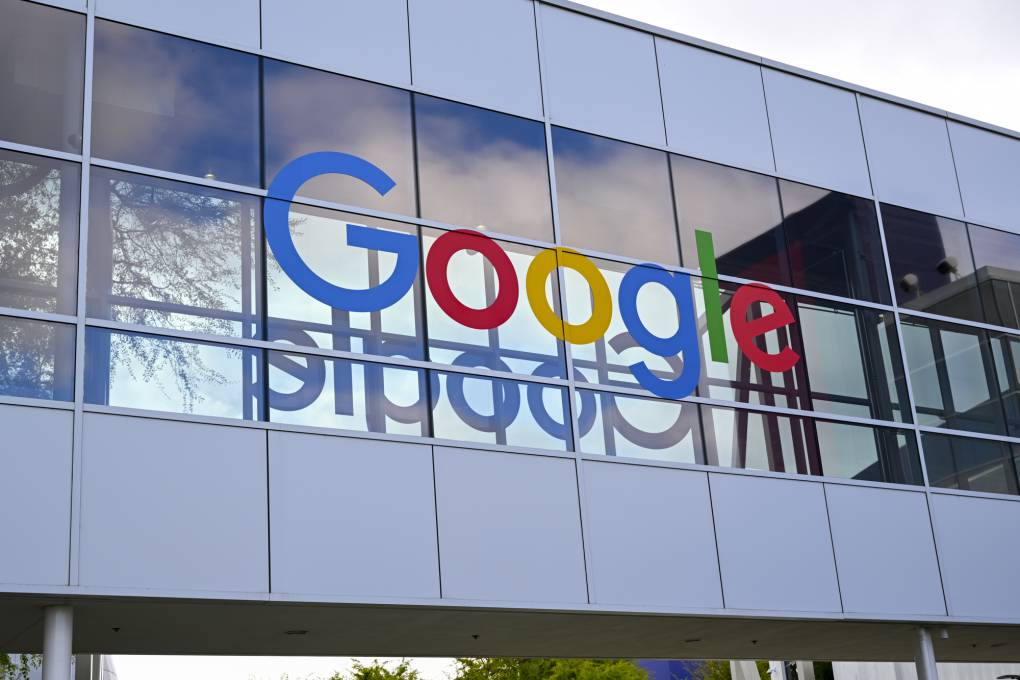The judge might opt to force Google to separate its search engine from other parts of its business. Alternatively, Mehta could order “conduct remedies,” like requiring Google to end legally provocative deals such as the one it has with Apple, making it the default search option on iPhones. Google might also be required to license parts of its search business or present consumers with a “choice screen” that prompts users to consider a different default browser.
Google plans to appeal, according to Kent Walker, president of global affairs. “This decision recognizes that Google offers the best search engine but concludes that we shouldn’t be allowed to make it easily available,” he wrote in a post on X.
Yale School of Management economics professor Fiona Scott Morton said the government’s case has a good chance of holding up.
“The reliance on the Microsoft decision was a shrewd choice by DOJ,” Scott Morton said. “In many ways, this is a mainstream decision that does not take any risks, so it should be very robust on appeal.”
What experts are watching
After the Microsoft ruling, a judge ordered the company to be split in two. Although that remedy was reversed on appeal, it’s being closely watched in the Google case.
“The remedy must match the Court’s striking verdict in this case,” Lee Hepner, senior legal counsel at the American Economic Liberties Project, said in a statement online praising the ruling. “At a minimum, that means an end to Google’s exclusive default agreements and breaking up business lines that have allowed Google to extend its monopoly into every corner of the internet.”
The DOJ’s antitrust chief, Jonathan Kanter, has expressed support for so-called structural remedies, which typically mean a break. But many antitrust experts aren’t so sure about that.
“A structural remedy, like a breakup of Google, is very unlikely,” wrote professor Rebecca Haw Allensworth of Vanderbilt Law School, adding that “whatever happens, it’s going to take a long time – the remedy phase will take a while, then there will be an appeal. It could be years before we know the end of the story.”
Driving the story



